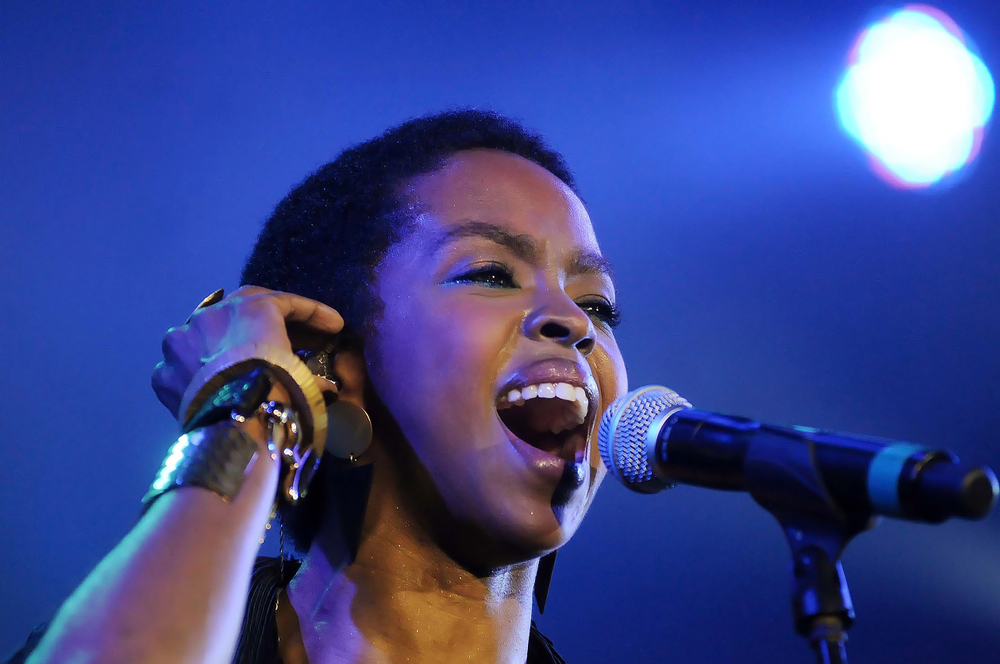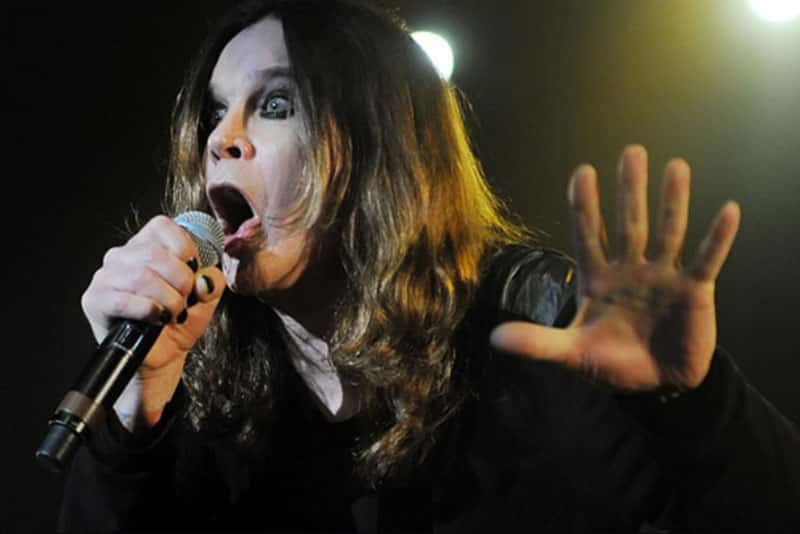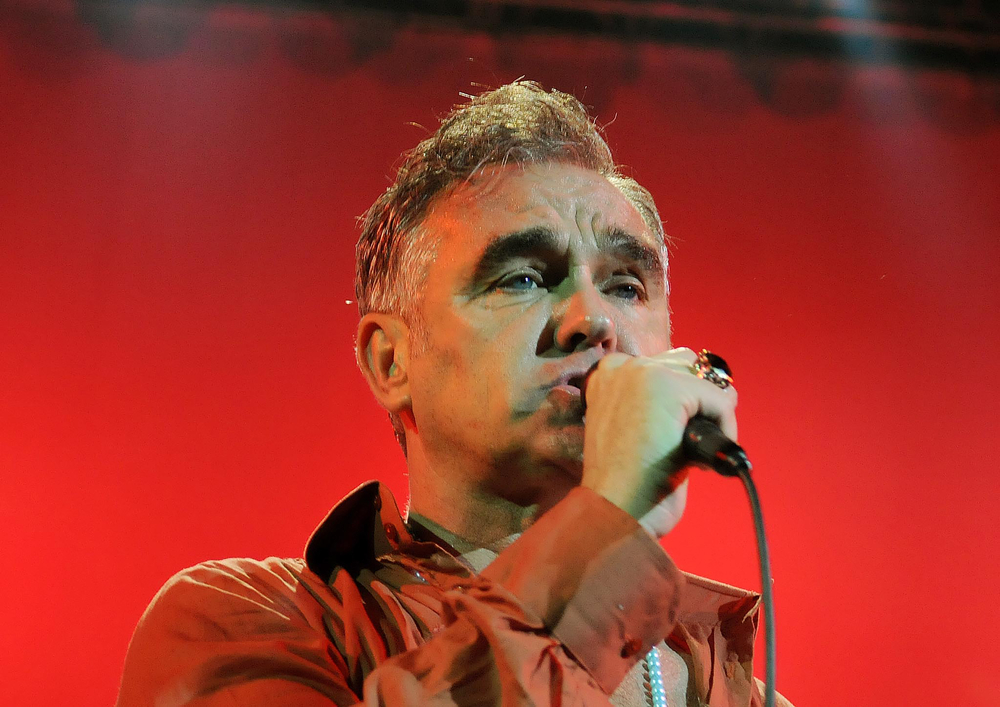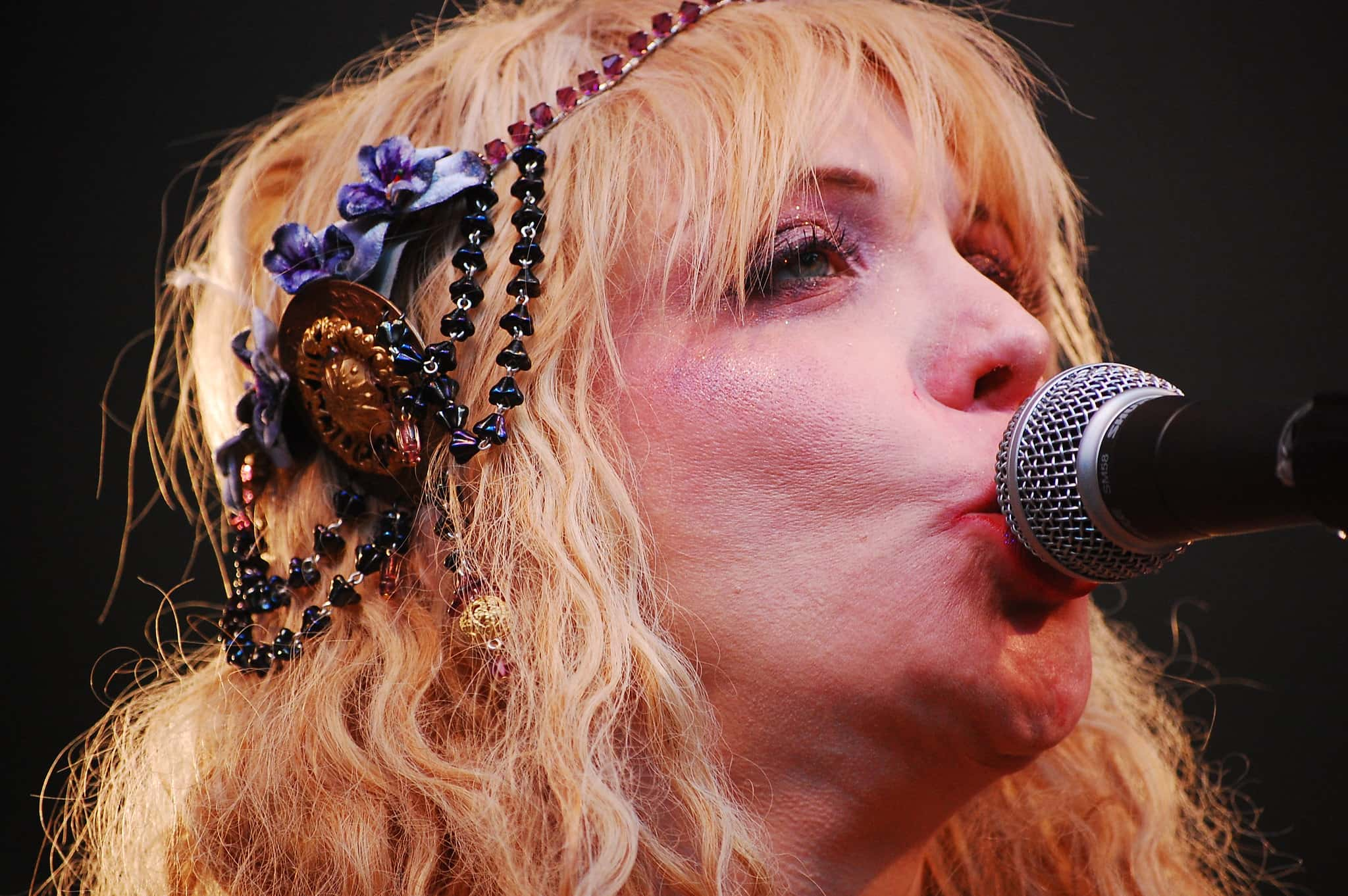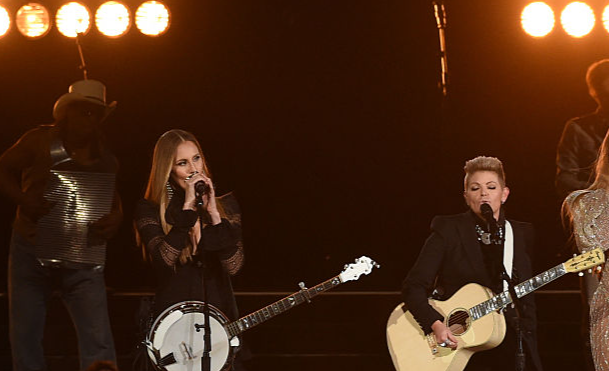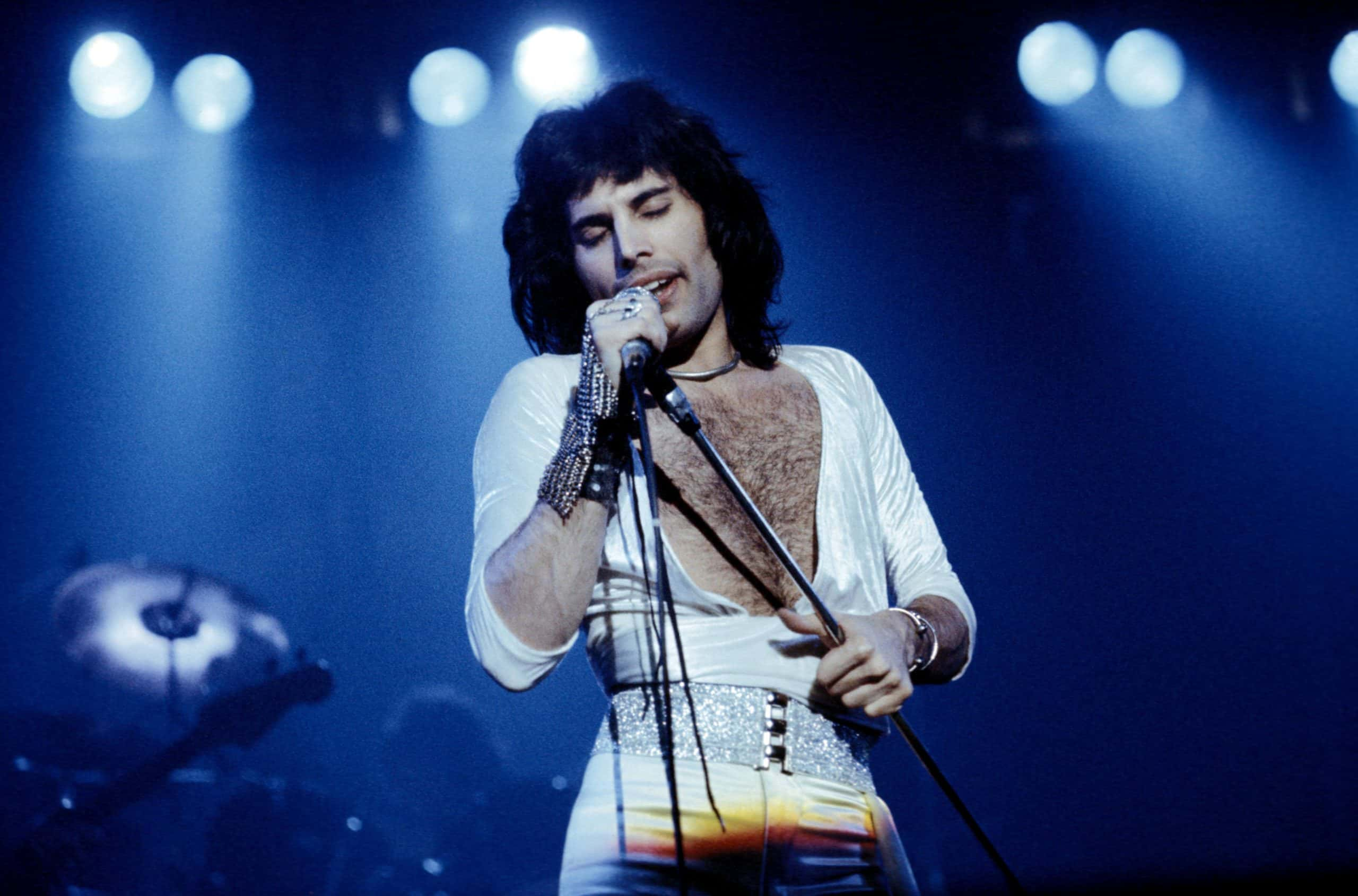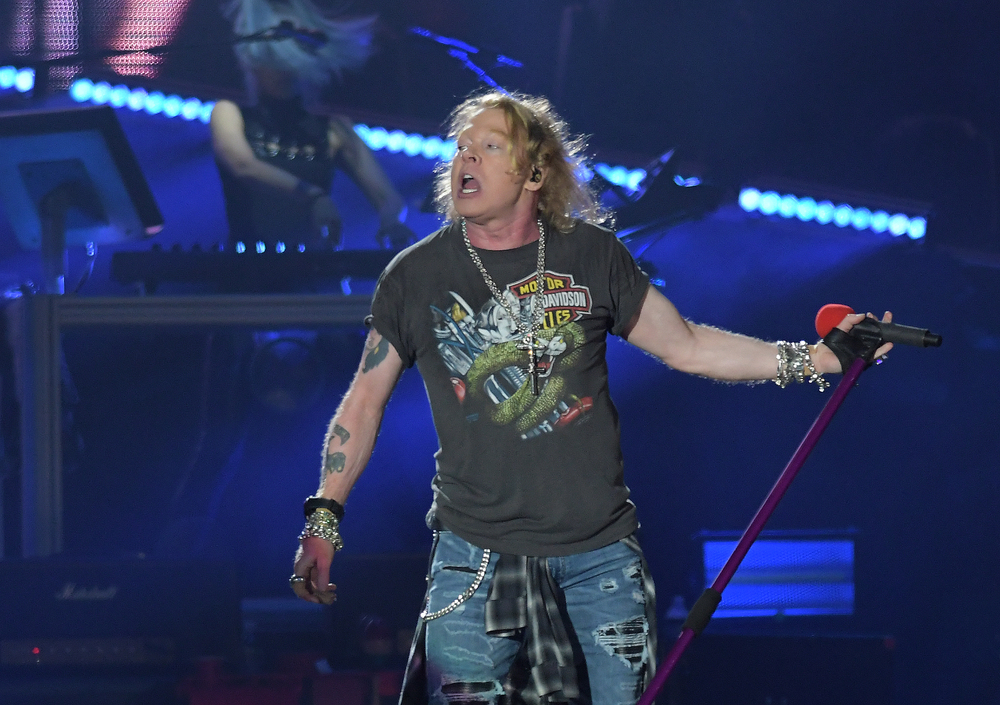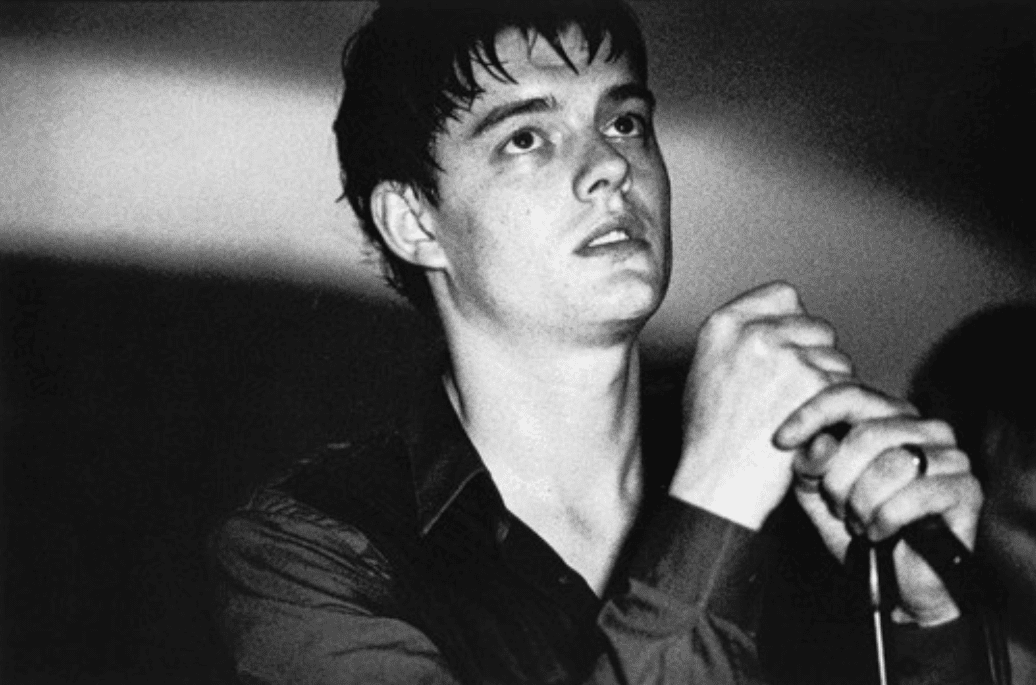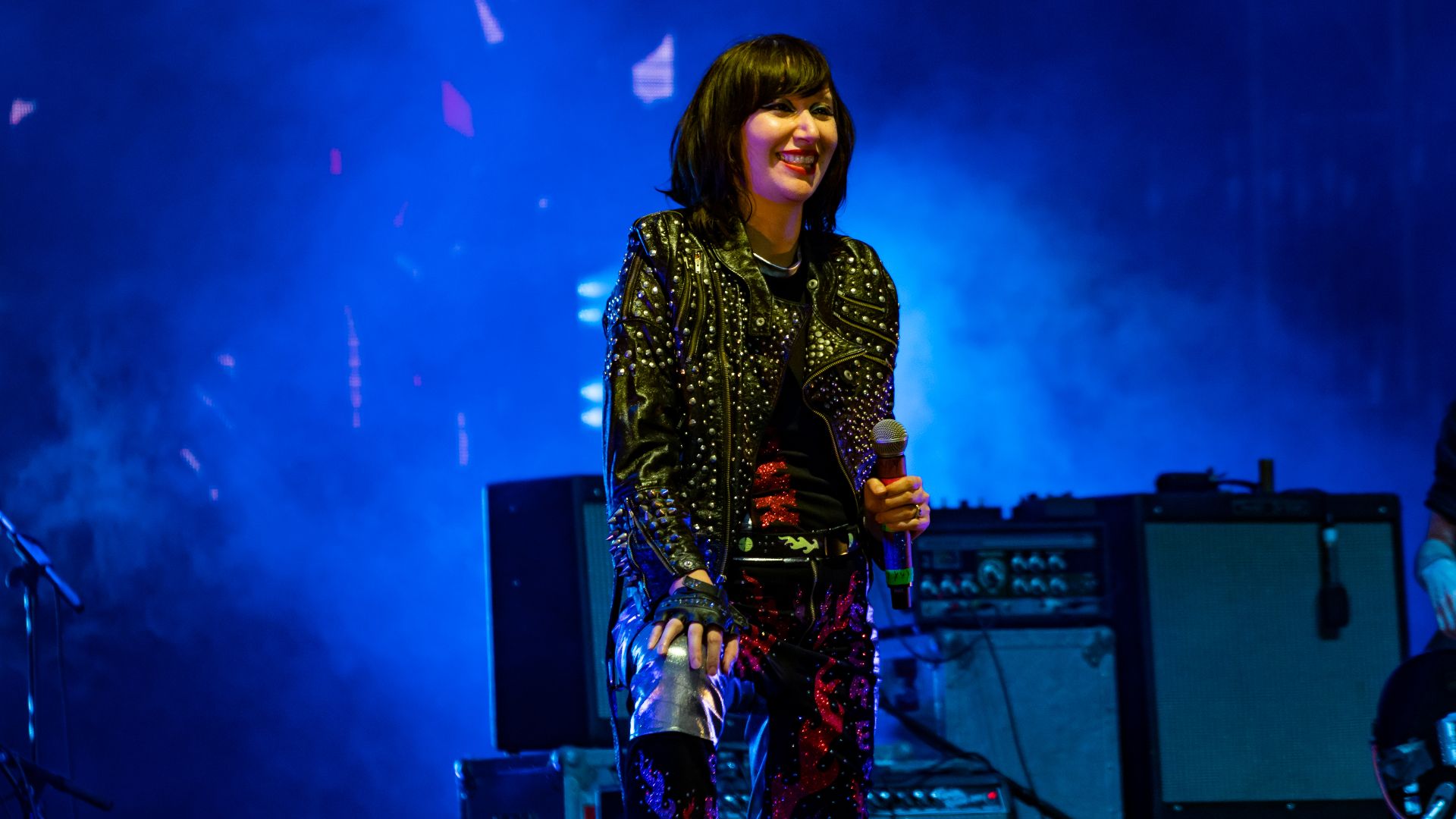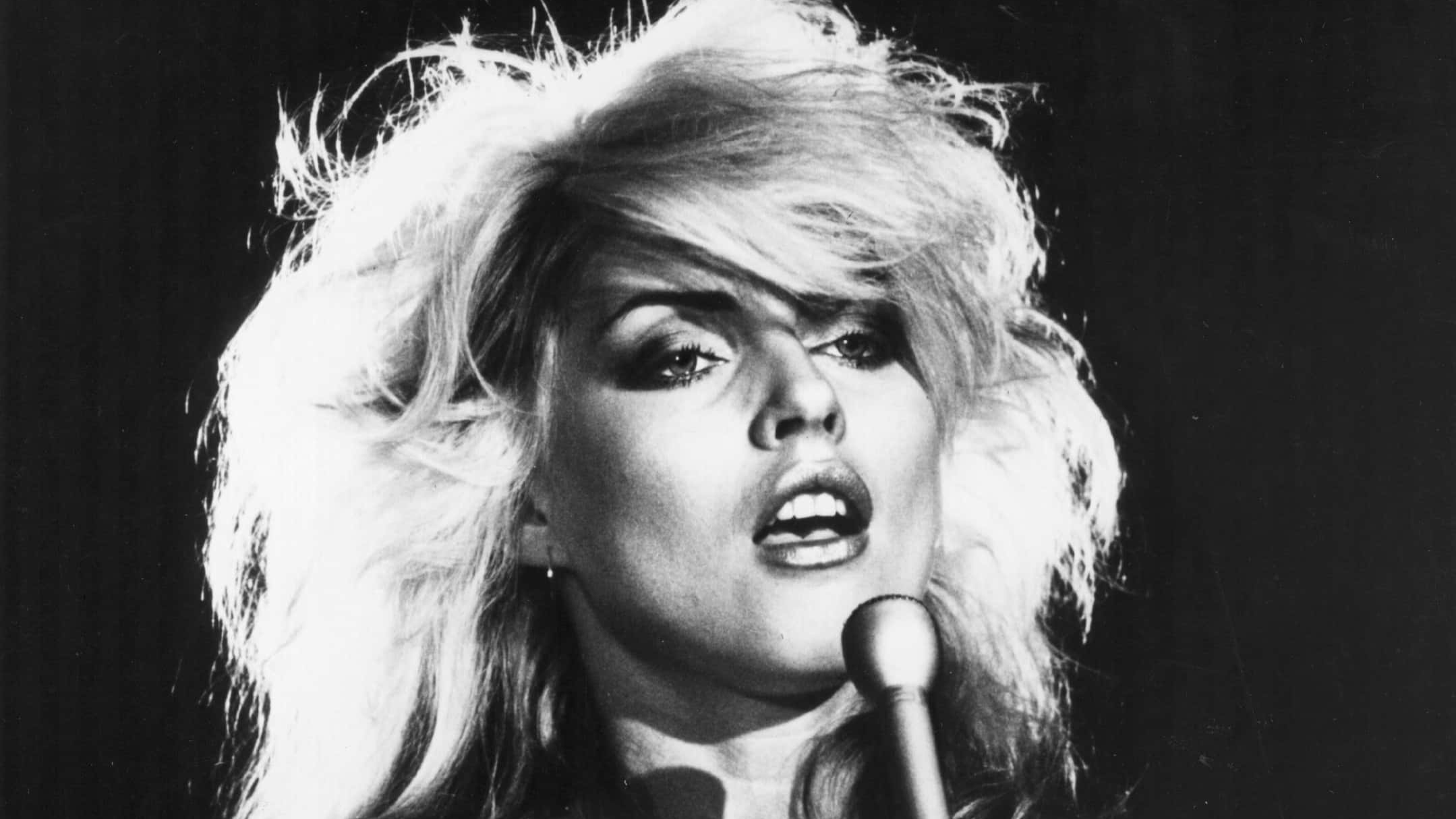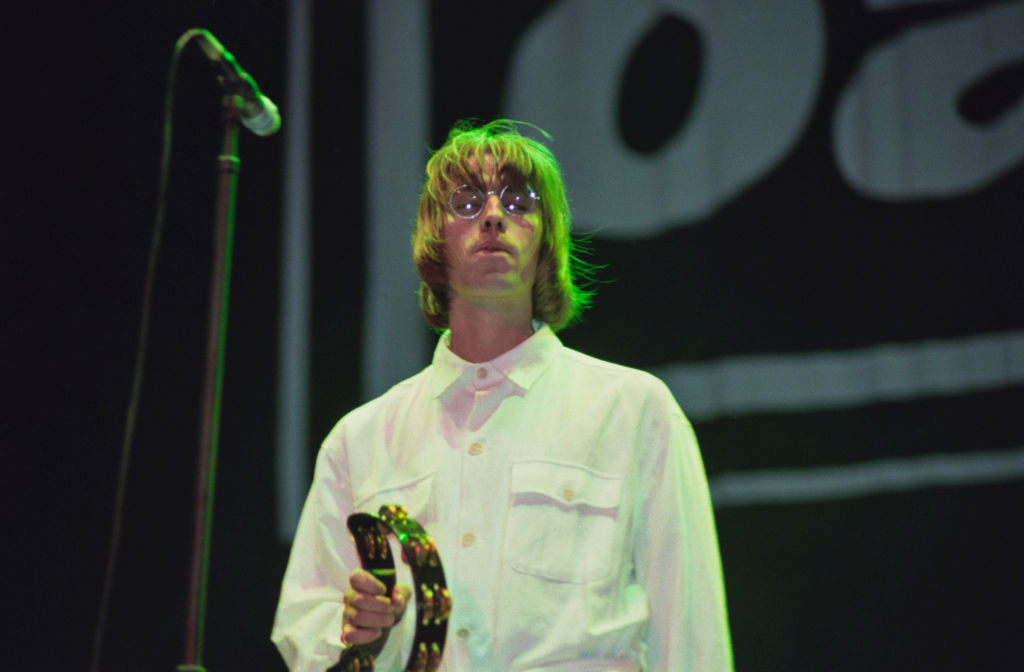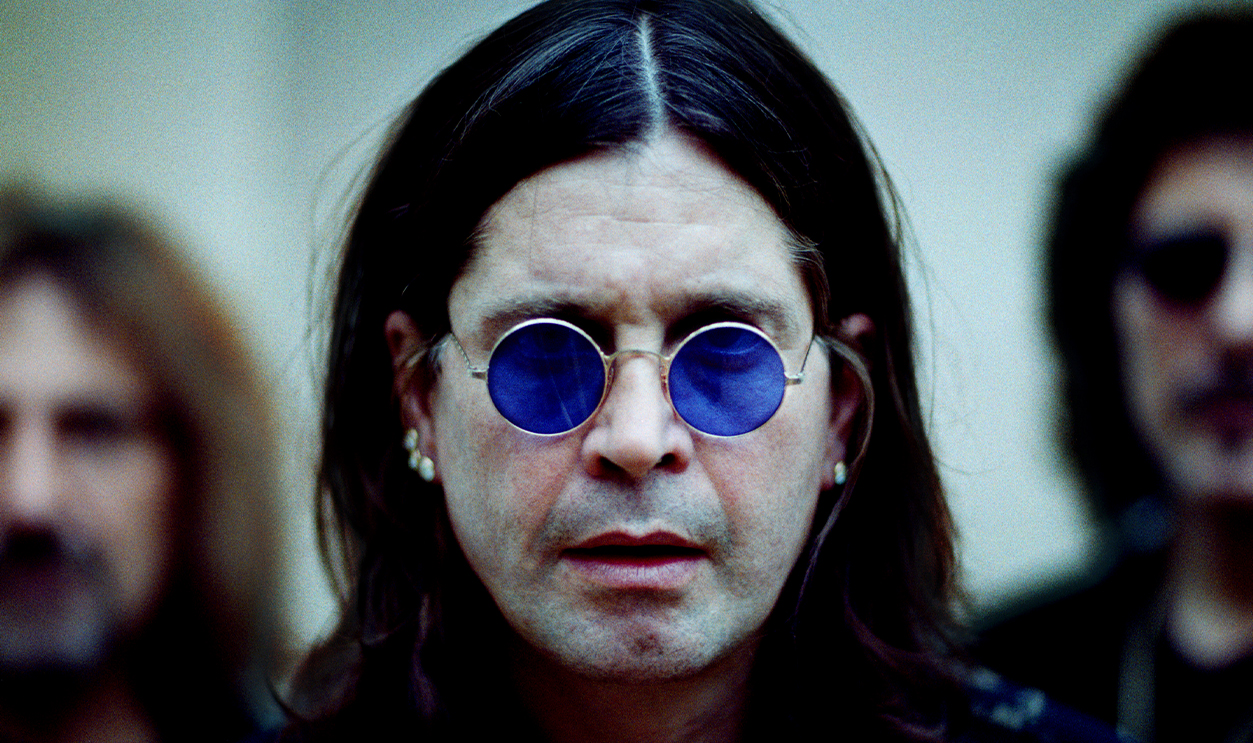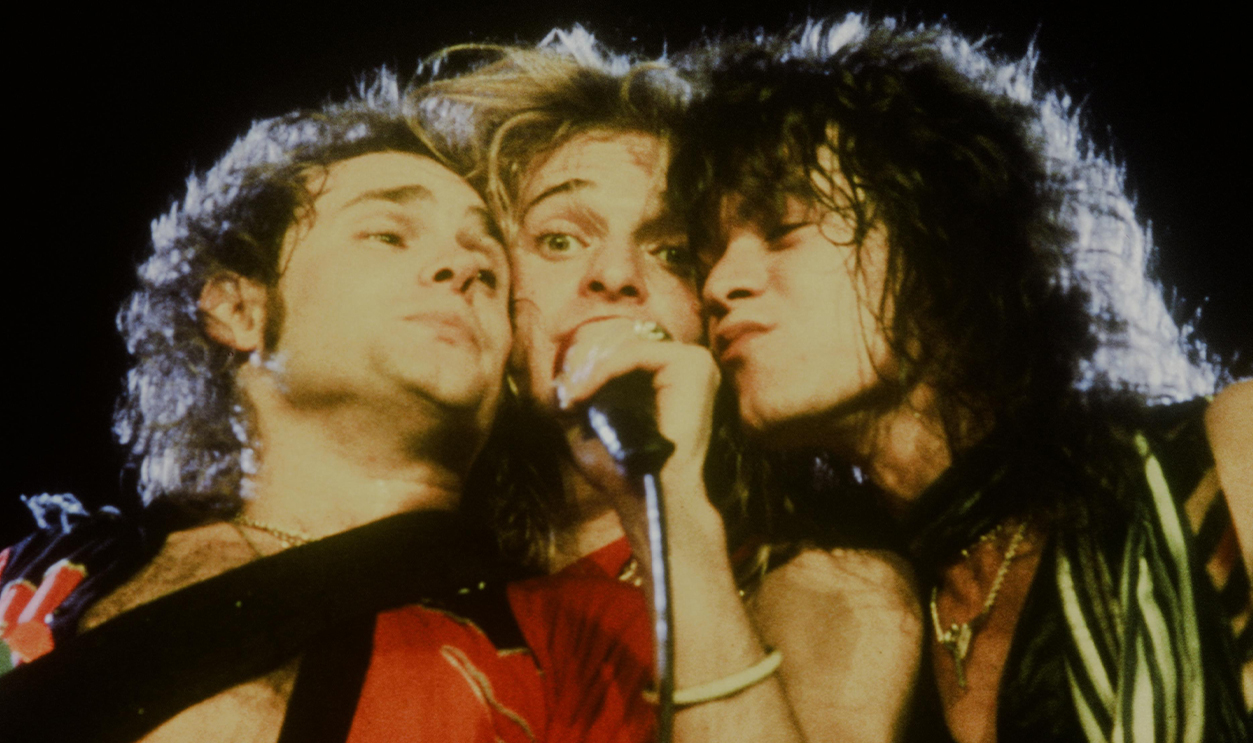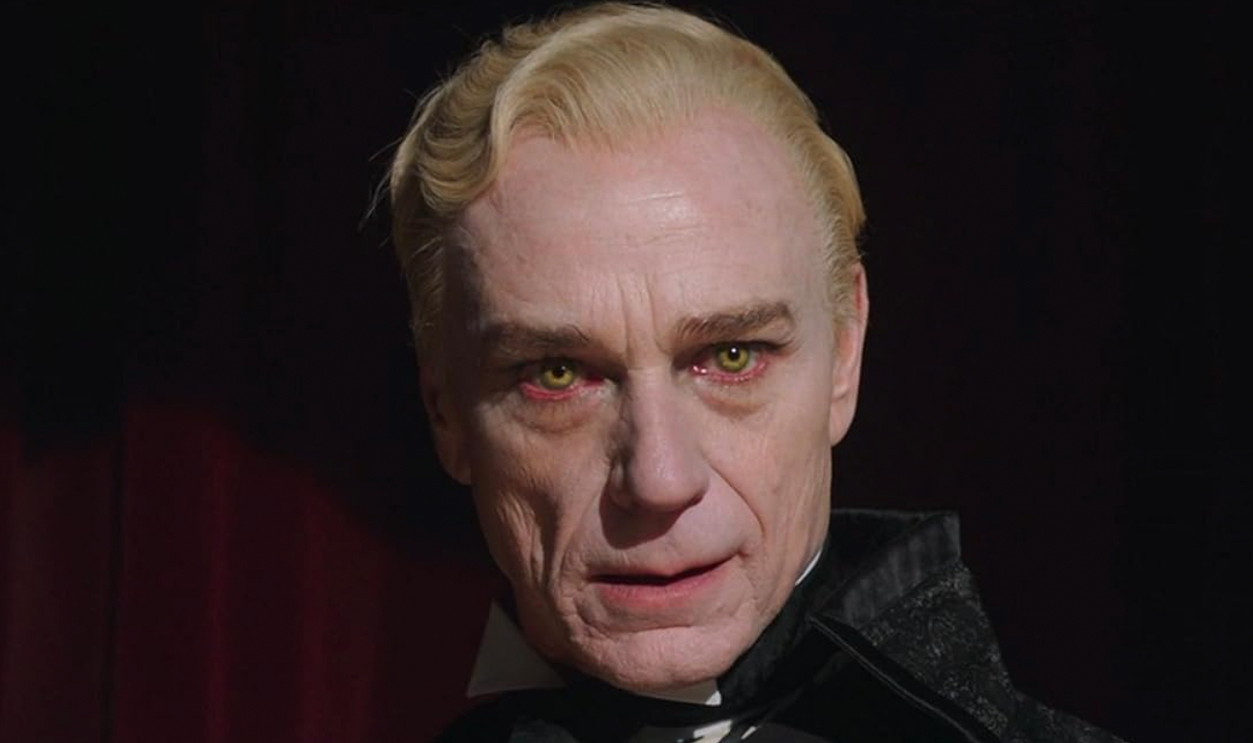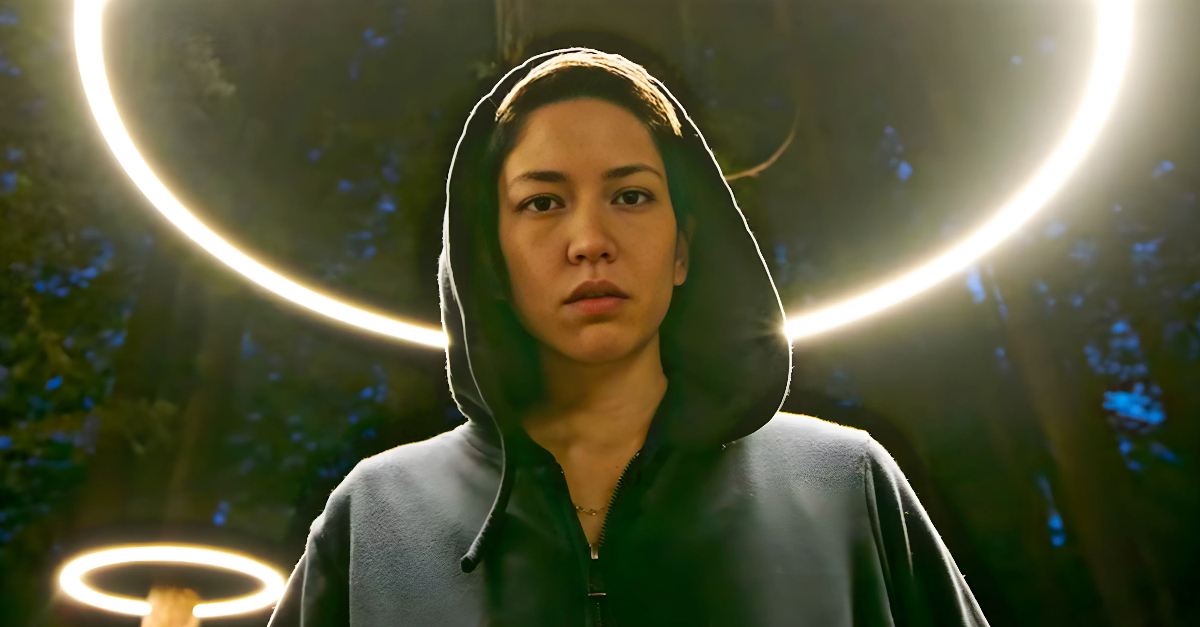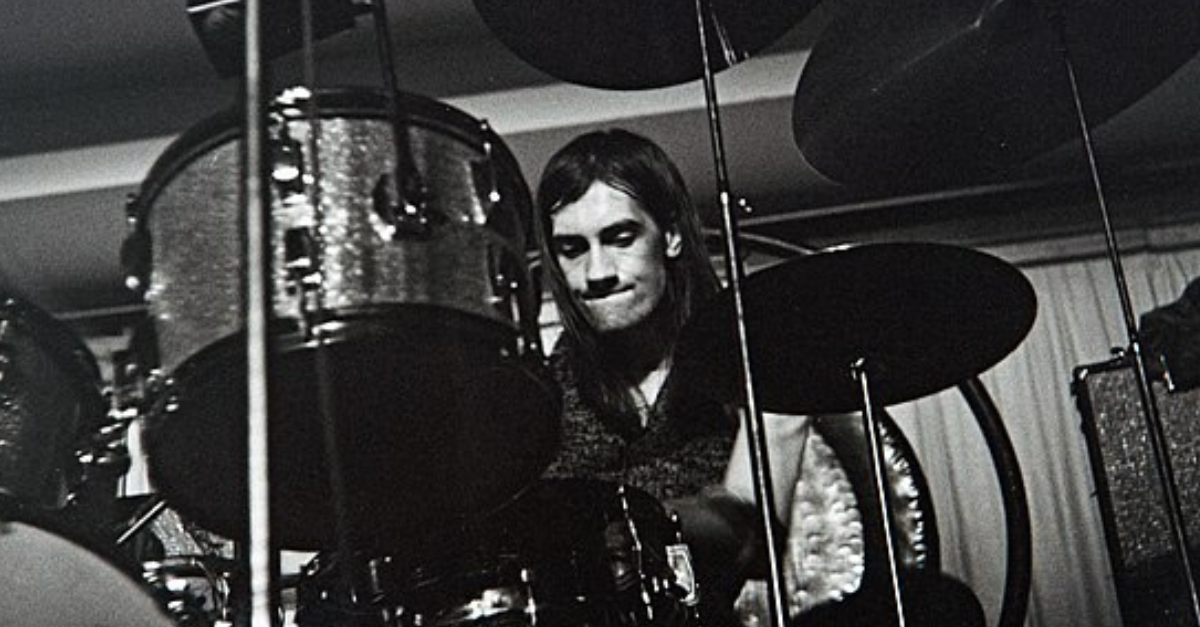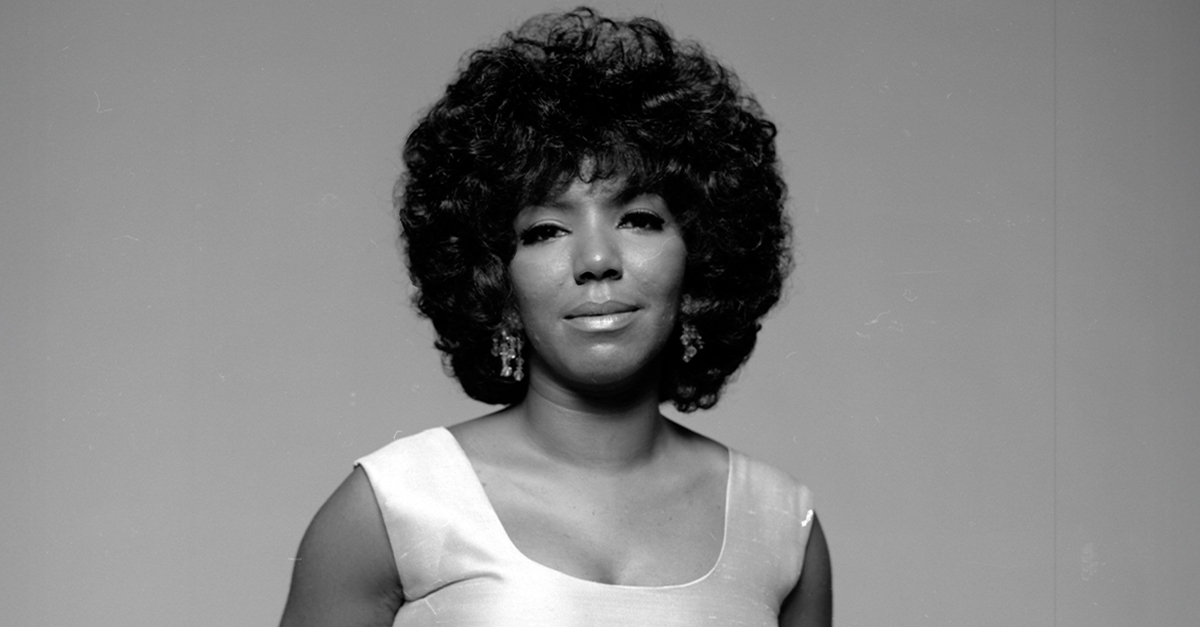Lead Voices Who Defined Their Bands
Every band needs someone up front who can grab the mic, steal the spotlight, and make you believe every lyric. The frontperson isn’t just a singer; they’re the face, the voice, and the heartbeat of the band. They get the crowd screaming, the lights flashing, and the music to hit just a little harder. Here’s a lineup of the most legendary frontmen and frontwomen to ever hit the stage.
![]()
Robert Plant (Led Zeppelin)
Robert Plant is basically the blueprint for a rock frontman. His wild curls, untamed voice, and total confidence turned Led Zeppelin concerts into full-on spiritual experiences. Whether he was howling through “Whole Lotta Love” or floating over “Stairway to Heaven,” Plant made it look effortless. He fused blues, folk, and pure rock swagger into something that’s still being copied today.
 Atlantic Records, Whole Lotta Love (1969)
Atlantic Records, Whole Lotta Love (1969)
Jim Morrison (The Doors)
Jim Morrison wasn’t just a singer, he was a poet, a provocateur, and a walking storm. His deep voice and hypnotic stage presence made every show feel like a ritual. One second he’d be reciting strange poetry, the next he’d be screaming into the mic like a man possessed. He was mysterious, chaotic, and magnetic—the kind of frontman you couldn’t look away from.
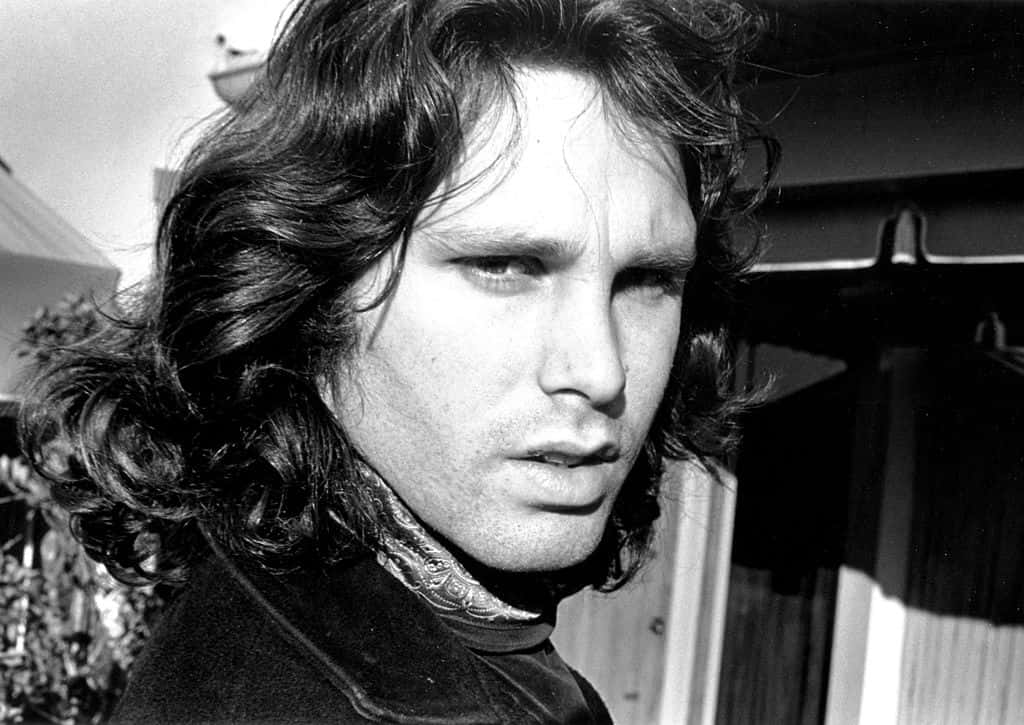 Michael Ochs Archives, Getty Images
Michael Ochs Archives, Getty Images
Laura Jane Grace (Against Me!)
Laura Jane Grace is raw energy wrapped in truth. As the lead of Against Me!, she poured punk fury into deeply personal lyrics, especially after coming out as trans in 2012. Her voice carries grit, heart, and rebellion, all at once. Whether she’s raging through “Black Me Out” or reflecting on identity, she fronts with total honesty.
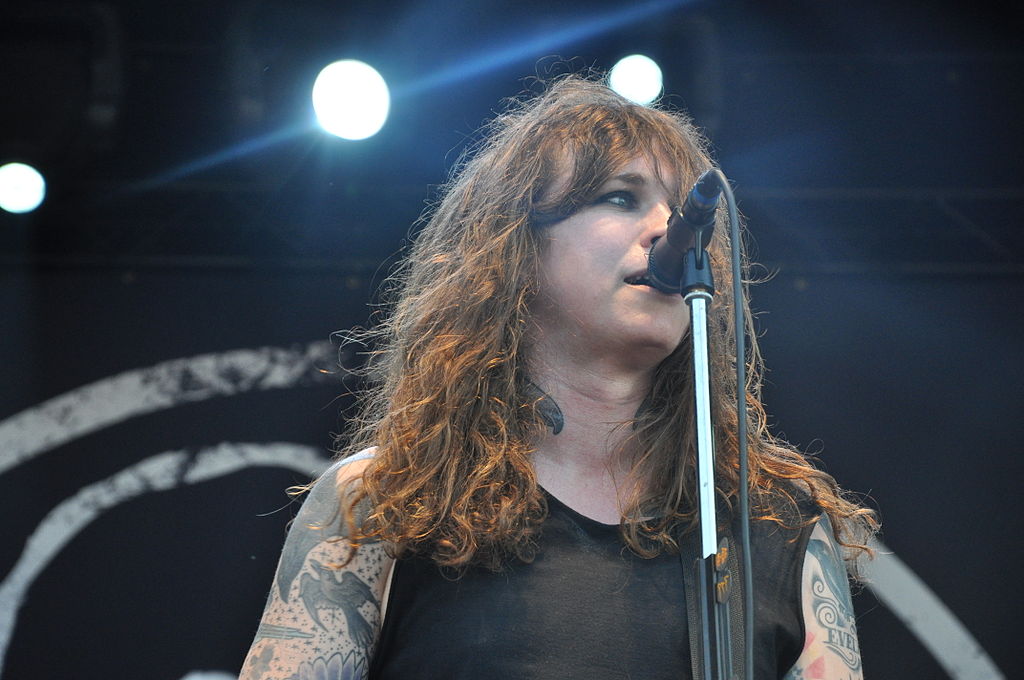 Goroth, CC BY-SA 3.0, Wikimedia Commons
Goroth, CC BY-SA 3.0, Wikimedia Commons
Chris Cornell (Soundgarden, Audioslave)
Chris Cornell had one of those voices that could make the ground shake or make you cry, sometimes both in the same song. He led Soundgarden and later Audioslave with soul, power, and serious emotion. From grunge heaviness to stripped-down acoustic moments, Cornell could do it all. His stage presence was commanding but vulnerable, which made him unforgettable.
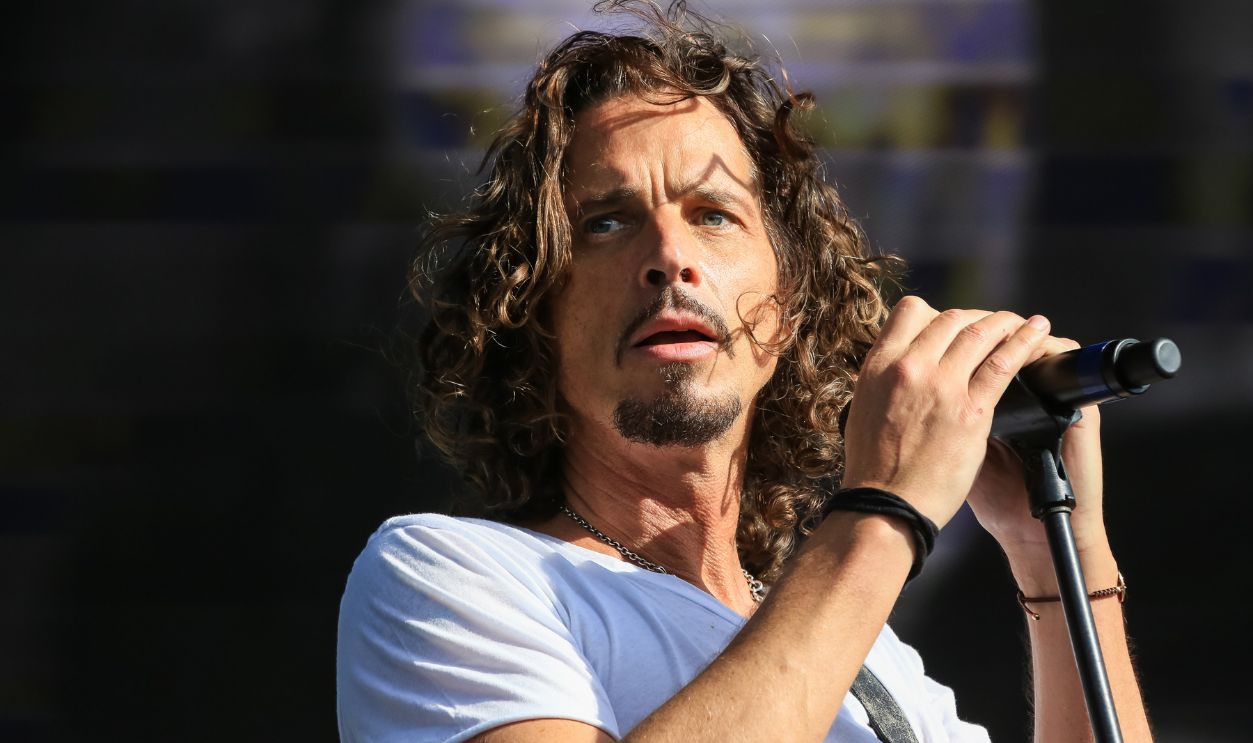 Christie Goodwin, Getty Images
Christie Goodwin, Getty Images
Peter Gabriel (Genesis)
Peter Gabriel made fronting feel like performance art. Back in his Genesis days, he’d show up in outlandish costumes and act out the lyrics like a theatre piece. His voice carried drama and warmth, and he wasn’t afraid to make things weird in the best way. Later, he went solo and proved he didn’t need a band to captivate an audience.
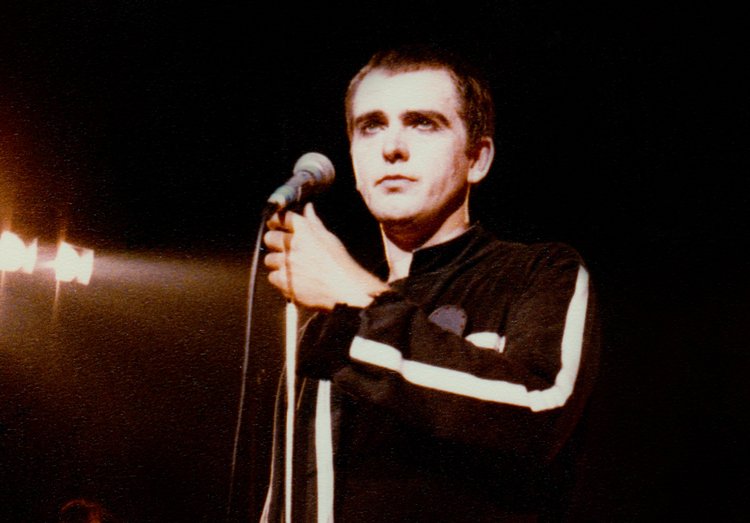 Theo Blonk, CC BY-SA 4.0, Wikimedia Commons
Theo Blonk, CC BY-SA 4.0, Wikimedia Commons
Dave Grohl (Foo Fighters)
You could write an entire book about Dave Grohl’s energy. He went from smashing drums in Nirvana to screaming into mics as the leader of Foo Fighters, and somehow stayed one of the most down-to-earth guys in rock. Grohl has a gift for making massive crowds feel personal. He’s the kind of frontman who’ll break a leg onstage and still finish the set.
Ann Wilson (Heart)
Ann Wilson’s voice could knock down walls. As the powerhouse lead of Heart, she made every song sound like an anthem. From the punch of “Barracuda” to the emotion of “Alone,” she showed that rock didn’t need to be a boys’ club. Her mix of power and soul has inspired generations of singers who wish they could belt like her.
 John Mathew Smith, CC BY-SA 2.0, Wikimedia Commons
John Mathew Smith, CC BY-SA 2.0, Wikimedia Commons
Lauryn Hill (The Fugees)
Lauryn Hill has one of those voices that can do anything: sing, rap, or speak truth straight from the soul. As the voice of The Fugees, she brought poetry, power, and authenticity to every track. She made socially conscious lyrics sound cool and effortless. Even now, her performances feel timeless because she leads with conviction and heart.
Bono (U2)
Love him or roll your eyes at him, Bono owns a stage. He’s the kind of frontman who can make an entire stadium feel like a confessional. His voice carries emotion, his movements are theatrical but real, and his lyrics hit between the eyes. Whether he’s saving the world or singing about heartbreak, Bono makes you believe every word.
 Daniel Hazard, Wikimedia Commons
Daniel Hazard, Wikimedia Commons
James Hetfield (Metallica)
James Hetfield isn’t just the face of Metallica, he’s the engine. His raspy growl, tight rhythm playing, and relentless energy keep Metallica’s sound heavy and tight. He doesn’t need flashy antics to command attention. One “YEAH!” from Hetfield and you know who’s in charge.
 Kreepin Deth, CC BY-SA 4.0, Wikimedia Commons
Kreepin Deth, CC BY-SA 4.0, Wikimedia Commons
Scott Weiland (Stone Temple Pilots, Velvet Revolver)
Scott Weiland was unpredictable in the best way. His chameleon-like voice and stage charisma made him one of the coolest frontmen of the 90s. He could croon like Bowie one minute and snarl like a punk the next. Between STP and Velvet Revolver, he perfected that mix of danger and vulnerability that few could match.
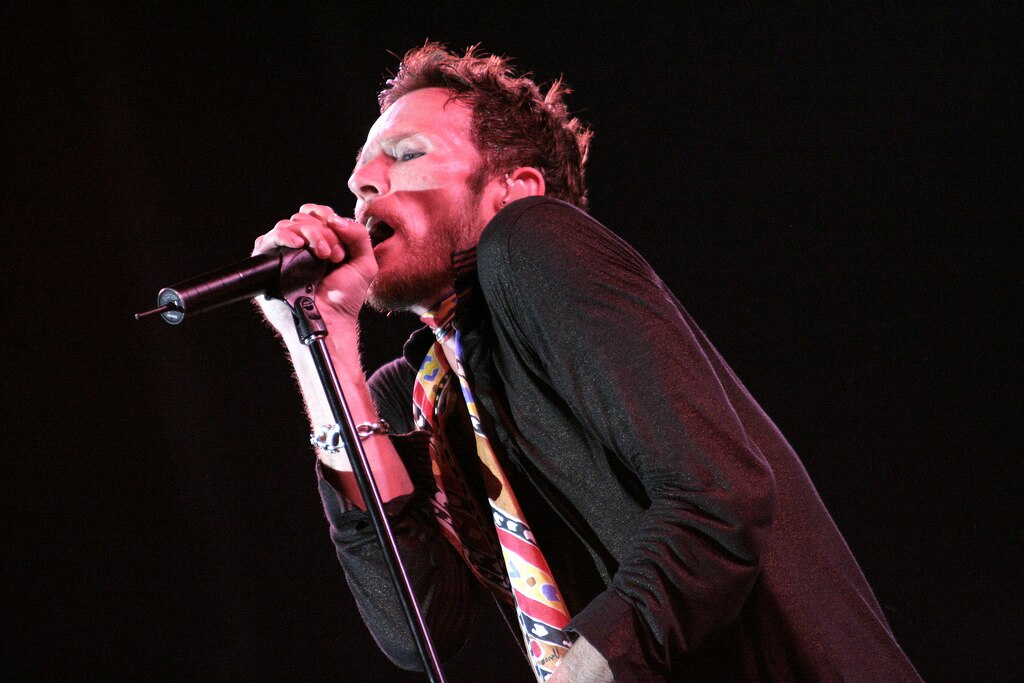 daigooliva, CC BY-SA 2.0, Wikimedia Commons
daigooliva, CC BY-SA 2.0, Wikimedia Commons
David Byrne (Talking Heads)
David Byrne made being awkward look cool. His quirky movements, nervous charm, and talk-singing delivery turned Talking Heads into an art project that somehow rocked. He danced like no one else, dressed like no one else, and sang like no one else. Byrne made weirdness magnetic, and we’re all better for it.
 Michael Markos, CC BY-SA 2.0, Wikimedia Commons
Michael Markos, CC BY-SA 2.0, Wikimedia Commons
Ozzy Osbourne (Black Sabbath)
Ozzy might have become a reality TV star, but back in the day, he was pure heavy metal. His eerie voice and wild antics gave Black Sabbath their signature sound and attitude. He was unpredictable, a little scary, and endlessly entertaining. Whether biting heads off bats or howling out “Iron Man,” Ozzy’s legend as a frontman is untouchable.
Zack de la Rocha (Rage Against The Machine)
If rage could sing, it would sound like Zack de la Rocha. His voice is a mix of fury, politics, and raw energy, spitting fire over RATM’s heavy grooves. He doesn’t just perform; he preaches, confronts, and rallies. Few frontmen have ever felt this urgent or this alive on stage.
 Carlos Ginard, Wikimedia Commons
Carlos Ginard, Wikimedia Commons
Morrissey (The Smiths)
Morrissey made melancholy sound beautiful. With The Smiths, his smooth croon and sardonic wit turned loneliness into an art form. He wasn’t your typical rock frontman (no jumping around or screaming) but his presence was magnetic in its own, quietly dramatic way.
Lionel Richie (The Commodores)
Before going solo, Lionel Richie was the charming, golden-voiced leader of The Commodores. He could funk it up with “Brick House” or make you cry with “Easy.” His smile, warmth, and effortless vocals made him one of the smoothest frontmen ever. He didn’t need flash, just heart.
 Raph_PH, CC BY 2.0, Wikimedia Commons
Raph_PH, CC BY 2.0, Wikimedia Commons
Bon Scott (AC/DC)
Bon Scott had one of those raspy, whiskey-soaked voices that could wake the dead. As AC/DC’s original frontman, he lived and breathed rock ‘n’ roll excess. His cheeky grin, leather outfits, and raw voice turned every concert into a party. Few singers have ever sounded that dangerous and that fun.
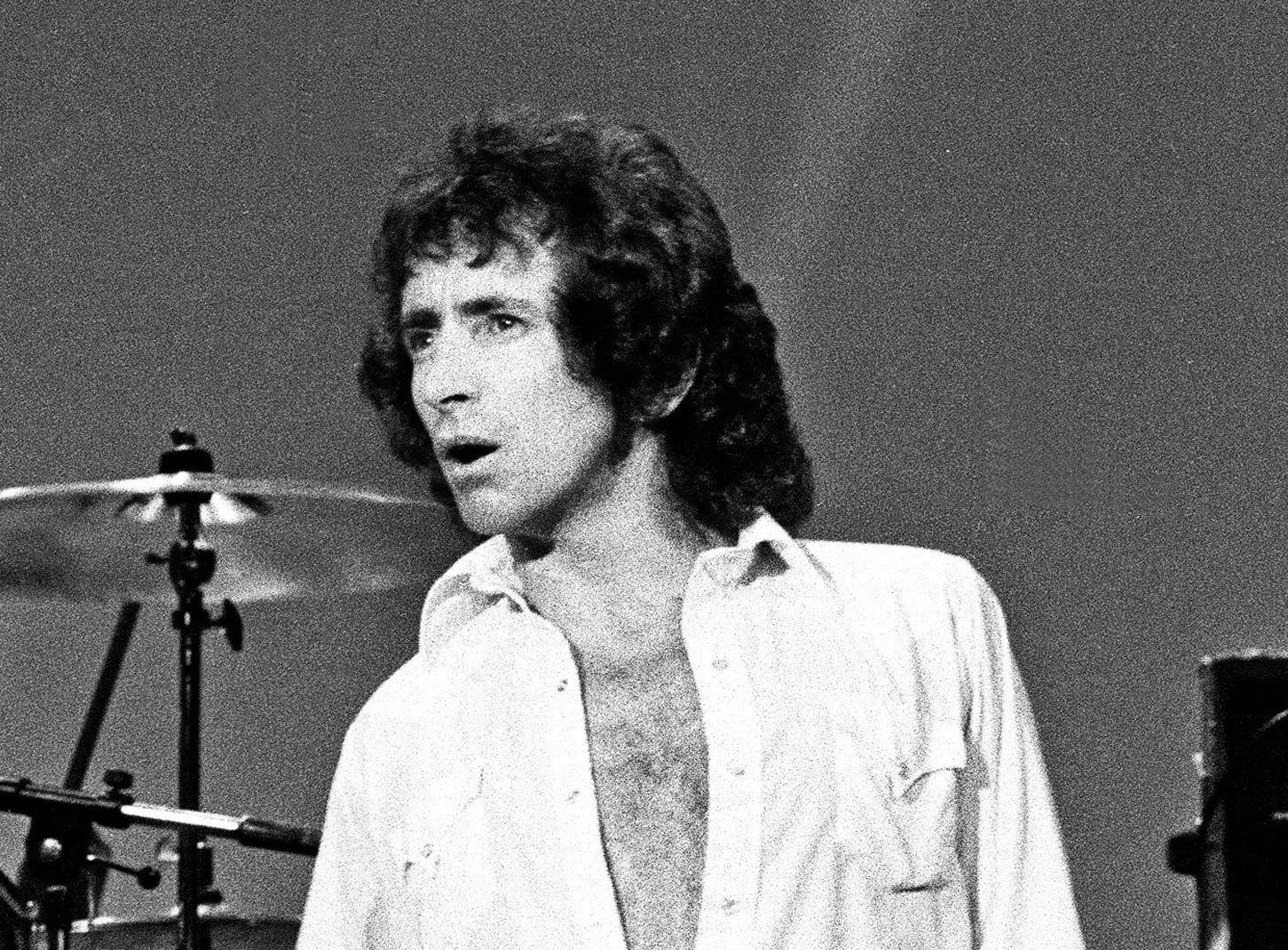 Michael Ochs Archives, Getty Images
Michael Ochs Archives, Getty Images
Courtney Love (Hole)
Courtney Love was chaos in the best way. She screamed, sneered, and shredded her way through every Hole show with unapologetic fury. Her performances were messy, emotional, and impossible to ignore. Love wasn’t trying to be perfect, she was trying to be real, and that’s what made her unforgettable.
Natalie Maines (The Chicks)
Natalie Maines didn’t just front The Chicks (formerly The Dixie Chicks), she led them through country fame, pop crossover, and political storms. Her powerful voice and fearless opinions made her one of the boldest women in modern music. Whether singing a love song or calling out injustice, Maines never holds back.
Freddie Mercury (Queen)
No one did it like Freddie Mercury. His stage presence was pure magic: part opera, part rock, all charisma. He could have an entire stadium in the palm of his hand, from whisper to roar. With his unmatched voice and flair for drama, Freddie didn’t just front Queen… he was Queen.
Axl Rose (Guns N’ Roses)
Axl Rose was rock ‘n’ roll mayhem wrapped in a bandana. His high-pitched wail and unpredictable attitude made him the perfect face for Guns N’ Roses. Whether strutting across the stage or showing up two hours late, Axl was impossible to ignore. He brought danger back to rock stardom.
Serj Tankian (System of a Down)
Serj Tankian performs with full-body intensity. His voice flips from a whisper to an operatic shout in seconds, and his lyrics cut deep. As the leader of System of a Down, he blends humor, politics, and chaos like nobody else. He’s one of the most inventive frontmen of the 2000s.
 Vladimir Petkov, CC BY-SA 2.0, Wikimedia Commons
Vladimir Petkov, CC BY-SA 2.0, Wikimedia Commons
Iggy Pop (The Stooges)
Iggy Pop didn’t invent punk, but he definitely gave it its first body. Shirtless, wild, and bleeding on stage, he performed like a man possessed. His primal energy and total lack of fear made The Stooges feel dangerous. Every punk frontman since owes him something.
 Derzsi Elekes Andor, Wikimedia Commons
Derzsi Elekes Andor, Wikimedia Commons
Mick Jagger (The Rolling Stones)
Mick Jagger is rock swagger. His dancing, strutting, and constant energy made every Stones show a masterclass in showmanship. He can make a sneer sound sexy and a groove feel eternal. More than 50 years in, Mick still moves like the world’s coolest frontman.
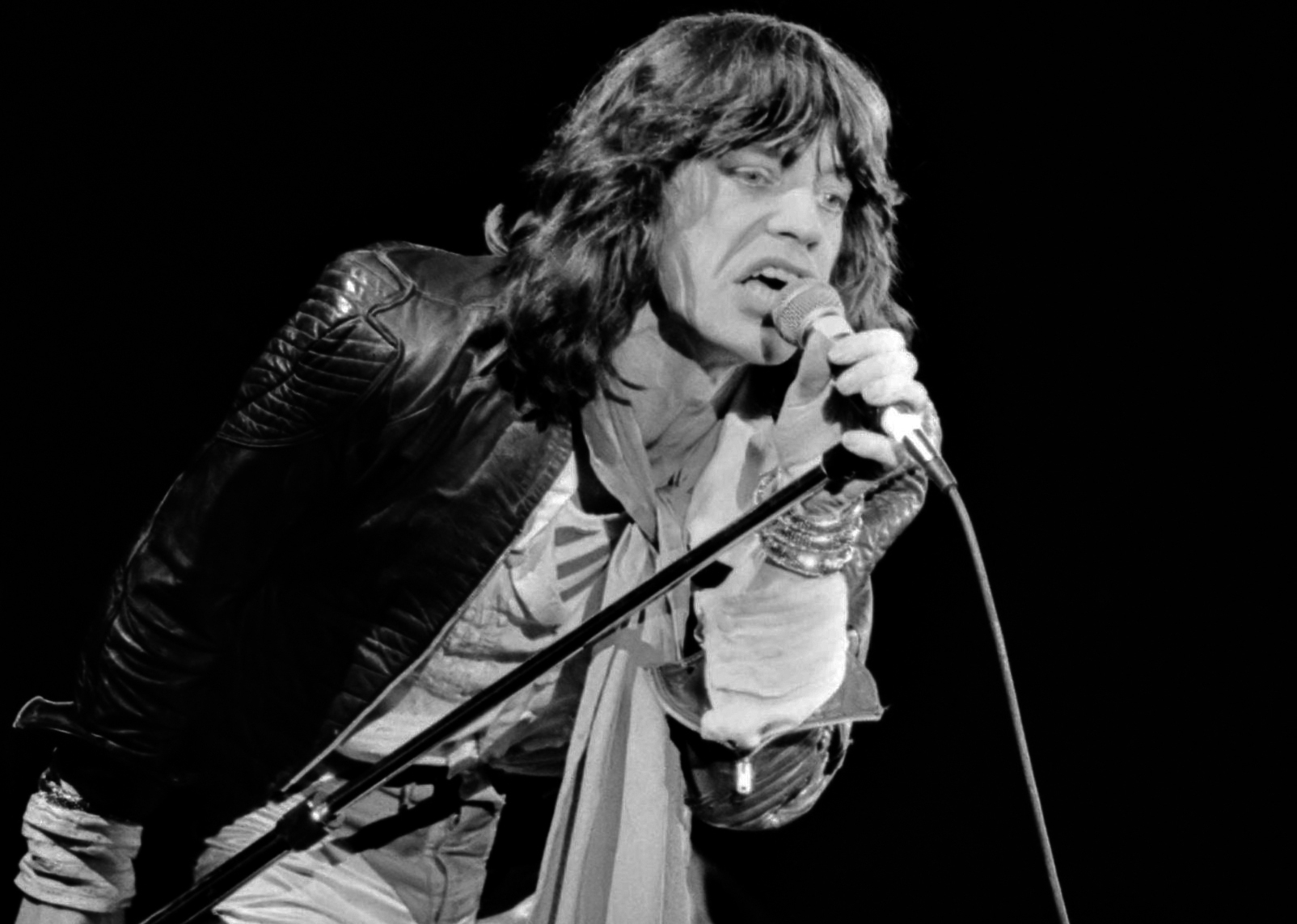 Bert Verhoeff, CC0, Wikimedia Commons
Bert Verhoeff, CC0, Wikimedia Commons
Kurt Cobain (Nirvana)
Kurt Cobain didn’t want to be a rock star, but he became the voice of a generation anyway. His voice was raw and real, and his presence was equal parts quiet and explosive. On stage, he looked like he was exorcising something. He made imperfection the new cool.
Lou Reed (The Velvet Underground)
Lou Reed made being detached look poetic. He didn’t belt or scream but rather talked, mumbled, and whispered in a way that felt intimate. As the Velvet Underground’s voice, he wrote about the underbelly of life with honesty and attitude. Reed showed that cool doesn’t need to be loud.
Siouxsie Sioux (Siouxsie and the Banshees)
Siouxsie Sioux looked and sounded like no one else. Her gothic style, intense gaze, and haunting voice made her the queen of post-punk. She could be soft, strange, or commanding, sometimes all in the same song. Her influence runs through generations of alternative frontwomen.
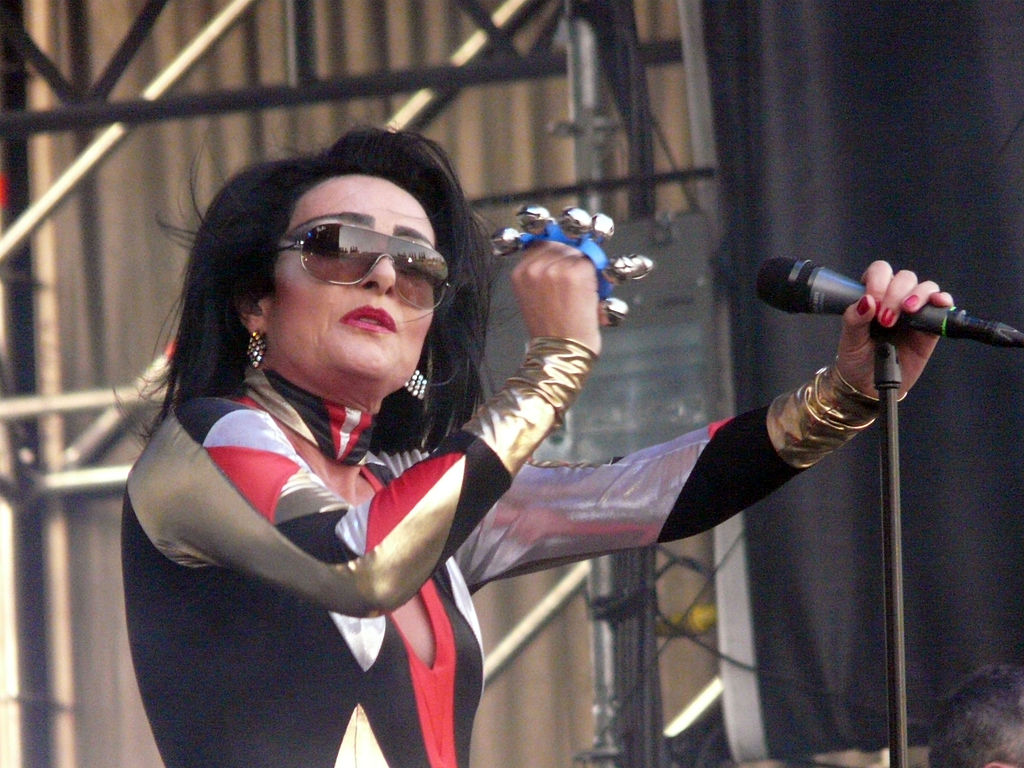 Brocco, CC BY-SA 2.0, Wikimedia Commons
Brocco, CC BY-SA 2.0, Wikimedia Commons
Stevie Nicks (Fleetwood Mac)
Stevie Nicks is pure enchantment. Her raspy, mystical voice and flowing stage presence gave Fleetwood Mac its soul. She didn’t need to scream to fill an arena, she just had to sing one line and the room belonged to her.
Frank Black (The Pixies)
Frank Black (aka Black Francis) brought a mix of weirdness and intensity to The Pixies. He’d whisper one minute and scream the next, creating that quiet-loud-quiet dynamic Nirvana later ran with. His unpredictable delivery made every performance feel like a controlled explosion.
 Alterna2 http://www.alterna2.com Foto: Rosario Lopez, Wikimedia Commons
Alterna2 http://www.alterna2.com Foto: Rosario Lopez, Wikimedia Commons
Thom Yorke (Radiohead)
Thom Yorke is the anti-rockstar rockstar. His falsetto, twitchy dancing, and total immersion in every song make him mesmerizing. He’s emotional without being over the top and experimental without losing connection. Yorke proves a frontman doesn’t need to dominate the stage to own it.
 Raph_PH, CC BY 2.0, Wikimedia Commons
Raph_PH, CC BY 2.0, Wikimedia Commons
Ian Curtis (Joy Division)
Ian Curtis had a voice full of ghosts. His deep baritone and almost robotic dance moves made Joy Division’s live shows both haunting and hypnotic. You couldn’t tell if he was singing to the crowd or to himself, and that mystery made him magnetic.
Karen O (Yeah Yeah Yeahs)
Karen O is an explosion of color and chaos. She can go from tender and whispery to completely unhinged in seconds. Her fashion, energy, and fearless performances make her one of the most exciting modern frontwomen. She doesn’t just perform songs, she lives them.
Debbie Harry (Blondie)
Debbie Harry made punk look glamorous. Her icy-cool vibe, catchy voice, and effortless confidence turned Blondie into a new wave powerhouse. She was both pop idol and punk rebel, proving you can be stylish and tough at the same time.
Liam Gallagher (Oasis)
Liam Gallagher didn’t need to do much to command attention, he just stood there, leaned into the mic, and sneered. His lazy swagger and distinct nasal tone defined Britpop in the 90s. He’s arrogant, hilarious, and unmistakably rock and roll.
Trent Reznor (Nine Inch Nails, How to Destroy Angels)
Trent Reznor doesn’t perform, he erupts. His stage presence is dark, intense, and cathartic, like watching someone fight their demons through music. Between whispers and screams, he creates tension you can feel in your bones. Reznor made industrial music emotional and human.
 monophonicgirl, CC BY-SA 2.0, Wikimedia Commons
monophonicgirl, CC BY-SA 2.0, Wikimedia Commons
You May Also Like:
25 Female Rock Bands That Completely Changed The Game
Singers Who Were Legally Forced To Record Music, And You Can Tell


